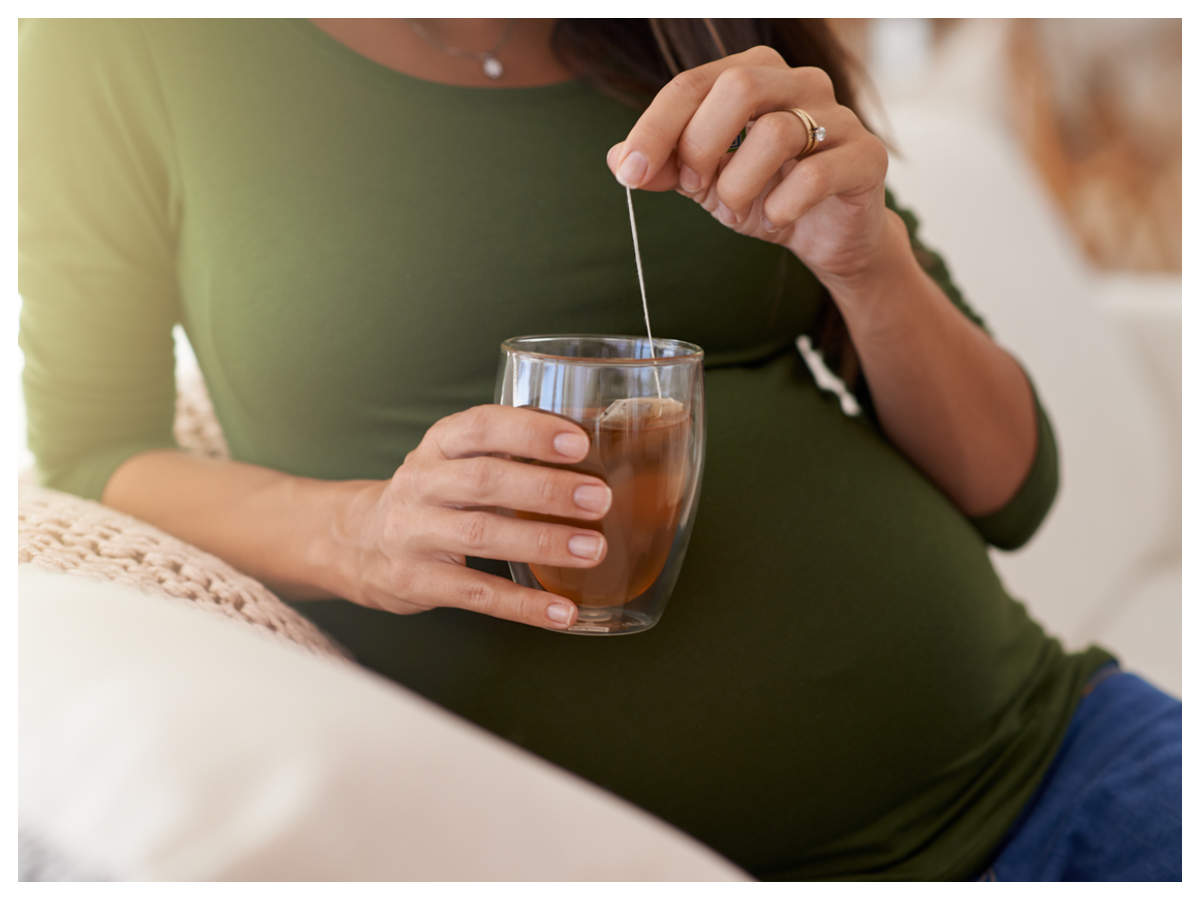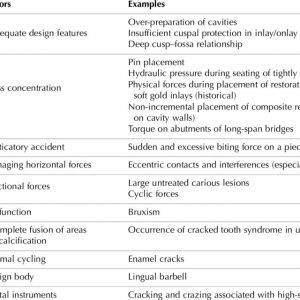Tea (48 percent) and coffee (39 percent) are the main sources of caffeine. The survey report was published in The American Journal of Clinical Nutrition. There has been a correlation between caffeine in coffee and tea and adverse birth outcomes. Those who drink the most tea or coffee are at double the risk of abnormally low birth weight and low gestational age at birth.
The amount of tea should be corrected?
A significant source of caffeine in many parts of the world is coffee (about 100 mg per cup), but significant amounts of caffeine (about 33 mg per cup) have been observed.
The way coffee and tea are cooked affects the amount of caffeine. For example, brewed coffee contains more caffeine than instant coffee. Black tea also contains more caffeine than green tea. In countries like Ireland and the UK, where black tea is consumed the most, the results of this survey are important because the issue is related to public health.
The amount of caffeine that can be consumed during pregnancy varies from country to country and from organization to organization. The World Health Organization recommends drinking less than 300 mg of caffeine a day.
What caffeine should pregnant women avoid?
In addition to low birth weight and low gestational age, drinking tea or coffee has been shown to have adverse effects on infant IQ levels. However, this is an observational study. Such research does not prove that caffeine causes birth defects. However, it is only known that there is a link between caffeine and such results. In this case, more research is needed.
However, as long as there is no hard evidence, it is better to control caffeine intake during pregnancy.
Lifestyle News in Bengali, লাইফস্টাইল খবর, Health Tips, Fashion Trends and Tips in Bangla
2021-06-08 15:08:36
Source link

 Concerned neo-hippies and their global warming, i’ll tell ya. The solution can be found in ‘Kangaroo Care’, learn the method
Concerned neo-hippies and their global warming, i’ll tell ya. The solution can be found in ‘Kangaroo Care’, learn the method Should pregnant women eat shrimp? Find out in detail.
Should pregnant women eat shrimp? Find out in detail.




